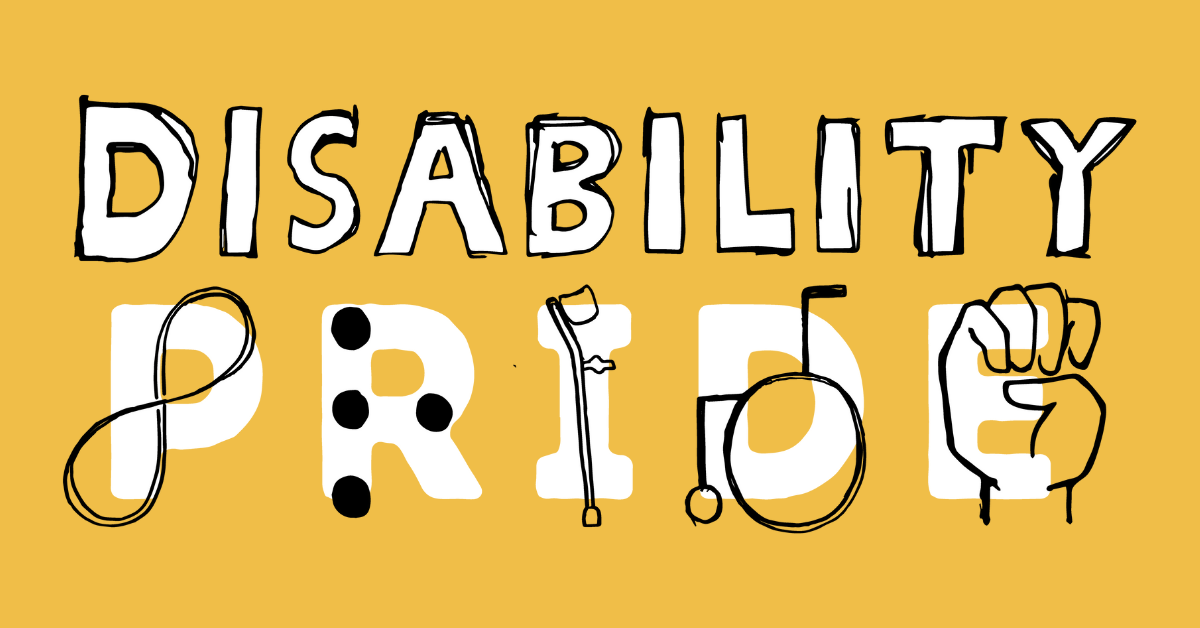[태그:] 입양인의 말을 듣다
-

-
Reunion and Beyond Webinar
ICAV shares part 2 of the Search and Reunion webinars in intercountry adoption by adoptee panelists.
-
Call me by my Name
Ae Ra shares about the process of embracing of her birth name at an adoption retreat.
-
Adoptee presentation to New Zealand
ICAV Panelists share their thoughts on a range of issues to the New Zealand Oranga Tamariki teams in adoption.
-
A different type of Reunion
—
~에 의해
Damian shares about a different type of reunion, not with biological family but with an adopted sibling who got returned to the State in Australia.
-
Searching for my family in Russia
—
~에 의해
Raya shares about searching for Russian family in our series dedicated to exploring the complexities, challenges, and realities for intercountry adoptees.
-
Searching for my family in the Philippines
Desiree shares about searching for Filippino family in our series dedicated to exploring the complexities, challenges, and realities for intercountry adoptees.
-
Searching for my family in Romania
Sonia shares about searching for Romanian family in our series dedicated to exploring the complexities, challenges, and realities for intercountry adoptees.
-
베트남에서 가족 찾기
Hyun shares about searching for Vietnamese family in our series dedicated to exploring the complexities, challenges, and realities for intercountry adoptees.
-
중국에서 가족 찾기
The following blog series will be dedicated to our Searching in Intercountry Adoption series. These individual stories are being shared from our Perspective Paper that was also shared with our Webinar, Searching in Intercountry Adoption by Adoptee Experts. by Shelley Rottenberg, born in China, raised in Canada, www.shelleyrottenberg.ca I was adopted from Zhejiang, China to…
-
콜롬비아에서 가족 찾기
Jose shares about searching for Colombian family in our series dedicated to exploring the complexities, challenges, and realities for intercountry adoptees.
-
입양인 전문가 웨비나에 의한 해외 입양 검색
—
~에 의해
~에 Adoptee Search Service Orgs, Adoptee support provided by adoptees, Adoptees Educate, Adoption Education for Professionals, 호주, 벨기에, 콜롬비아, Diversity in Adoption, 에티오피아, 프랑스, 그리스, 아이티, Impacts to Biological Families, 대한민국, Lifelong Impacts of Adoption, 기원 검색, Search and Reunion in Adoption, 대한민국, 스위스, The Netherlands, 입양의 트라우마, 미국ICAVs newest webinar and perspective paper on searching in intercountry adoption bringing you experiences of intercountry adoptees from around the world.
-
-
-
-
-
영국 국제 입양인 웨비나
ICAV UK는 2023년 1월 30일에 진행된 웨비나를 통해 AdoptionUK에서 영국 입양 부모가 질문한 질문에 대한 해외 입양인 패널의 답변을 공유합니다.
-
-
-
베트남에서 입양된 남매가 DNA로 서로를 찾습니다.
An unexpected DNA match between brother and sister, both separately adopted out of Vietnam to different countries, provides a unique story as intercountry adoptees.
-
32년 동안 채택되어 이제 무료입니다!
—
~에 의해
~에 Abuse in Adoption, Adoptee Activism, Adoptee Names, Adoptees Educate, Adoption Discharge Annulment, Adoption Education for Adoptive Parents, Adoption Education for Professionals, 입양 개혁, 호주, 불법 입양, Impacts to Biological Families, Lifelong Impacts of Adoption, 기원 검색, Rights in Adoption, 입양의 트라우마, 베트남Lynelle은 입양 해제에 대해 이야기하고 입양 과정에서 경험한 성적 학대에 대한 법적 정의를 위한 투쟁과 이것이 제기하는 중요한 문제에 대해 이야기합니다.
-
국제 입양인으로서 장애 및 희귀 질환 탐색
—
~에 의해
~에 Adoptee support provided by adoptees, Adoptees Educate, Adoption and Disability, Adoption Education for Adoptive Parents, Adoption Education for Professionals, 호주, 중국, Complexities in Adoption, Diversity in Adoption, 이란, Is adoption the best option, Lifelong Impacts of Adoption, Multiple Identities, Not Knowing in Adoption, Rights in Adoption, Special Medical Conditions, 스리랑카, Suicide, Therapy, 인종 간 입양, 입양의 트라우마, 미국, 베트남장애나 희귀질환을 안고 사는 국외입양인들은 어떤 복잡한 문제를 헤쳐나가나요? 이 주제에 대해 교육하는 데 도움이 되는 리소스를 만들었습니다.
-
-
입양 기관을 위한 질문
—
~에 의해
~에 1993년 헤이그 협약, Adoptees Educate, Adoption Agencies, Adoption Education for Adoptive Parents, Adoption Education for Professionals, 입양 개혁, Complexities in Adoption, Critical Thinking in Adoption, Is adoption the best option, 대한민국, Lifelong Impacts of Adoption, Rights in Adoption, 대한민국, Therapy, 인종 간 입양, 입양의 트라우마, 미국Cameron은 입양 기관에 입양인의 목소리와 입양인 주도 연구를 관행과 정책에 얼마나 잘 통합하고 있는지 묻습니다.